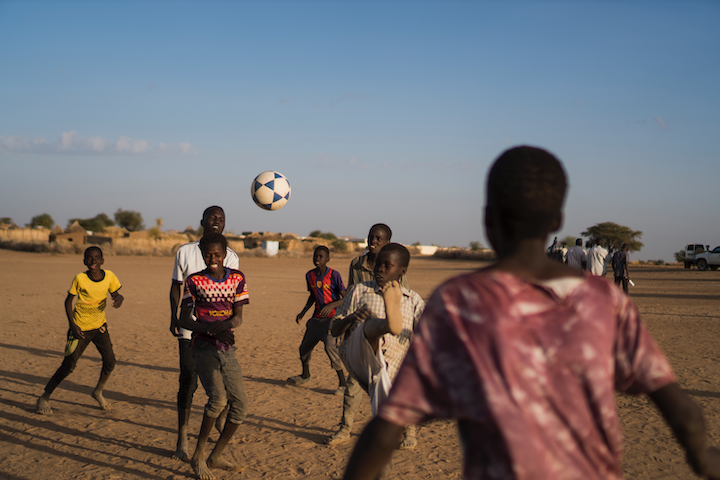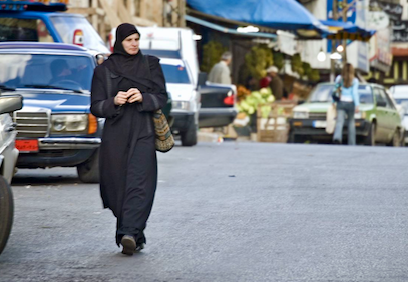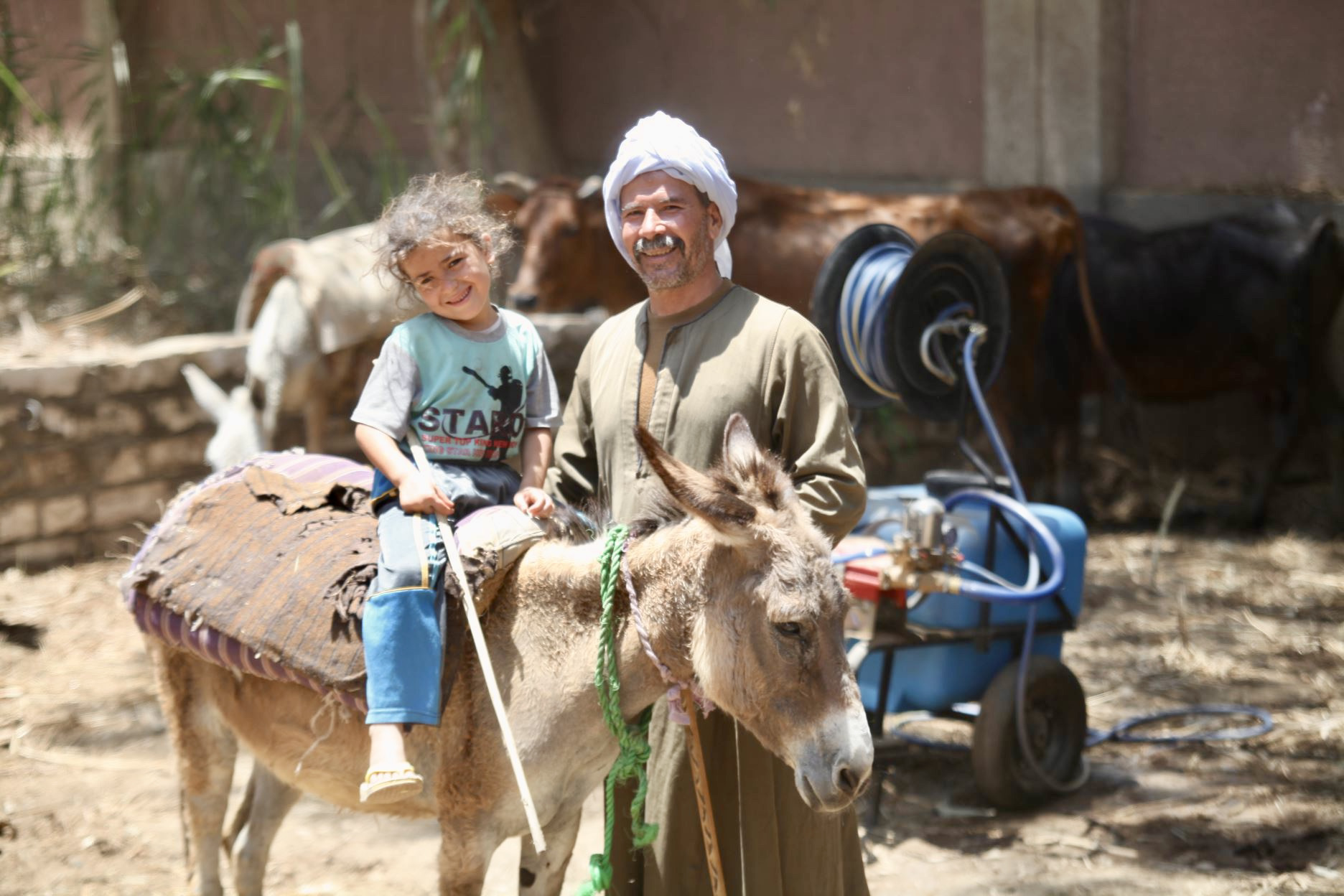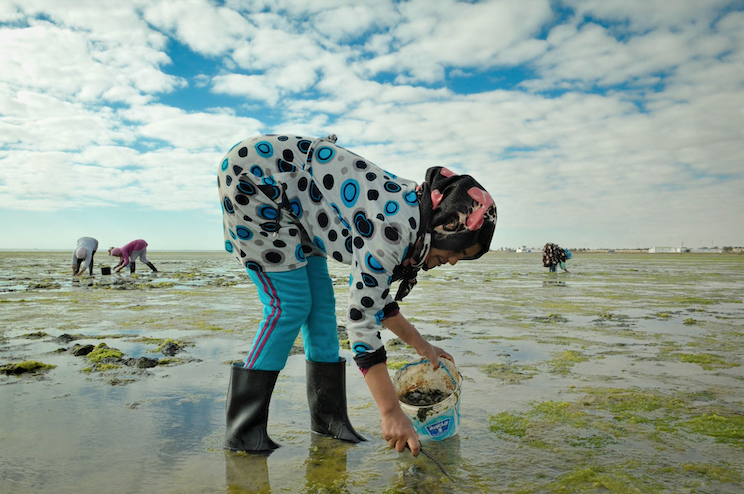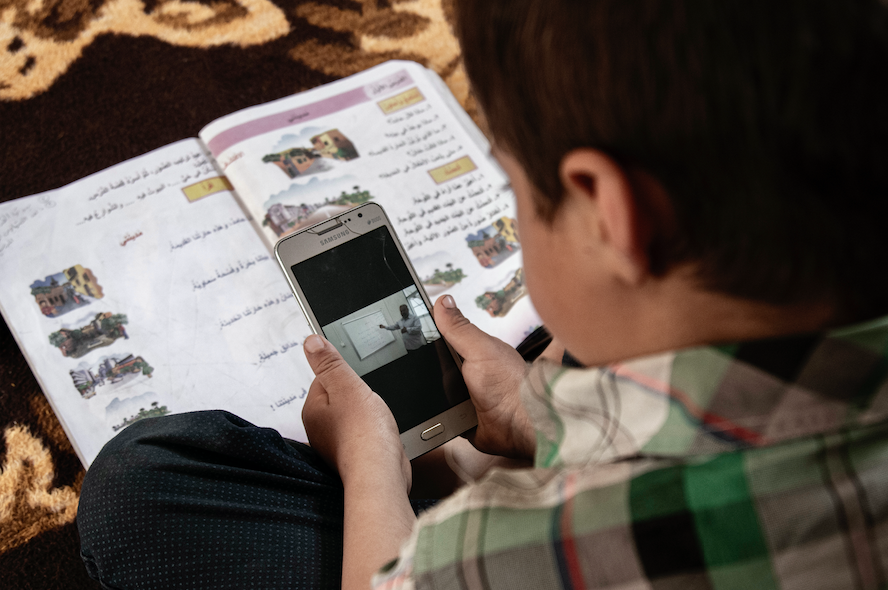Strengthening a Regional Framework for Pathways to Just, Peaceful and Inclusive Societies in the Arab Region
13 July 2021, 7:30 – 9:15 NY / 13:30 – 15:15 Cairo
The League of Arab States (LAS), United Nations Economic and Social Commission for Western Asia (ESCWA), International Organization for Migration (IOM) and United Nations Trust Fund for Human Security (UNTFHS)
About the Event
The past decade has witnessed a sharp rise in conflicts across the Arab region. These conflicts have proven more fluid, protracted and complex, damaging the region’s rich cultural landscape, while undermining human security and opportunities for sustainable development. Against this backdrop, the Arab Committee for Sustainable Development requested the League of Arab States to prepare a regional report, in partnership with the United Nations, on the importance of SDGs and their implementation in conflict affected countries.
The HLPF interactive panel is part of a series of engagements that aim to provide meaningful opportunities to discuss and examine the key findings and recommendations of the forthcoming report, including the importance of localization to the attainment of the SDGs in conflict affected settings.
Event Information
– Concept note with Agenda: LINK
– Event information on the HLPF website: LINK
Statements & Presentations
Ambassador Hossam Zaki, LAS, Statement (AR)
Ms. Nada El Agizy, LAS, Statement (AR)
Ms. Mehrnaz Mostafavi, UNTFHS, Presentation (EN)
Ms. Buthainah Mahmood Abbas, SDSN, Hawa’a Organization, Statement (AR)
Eyes on the Region
Regional Report
Read a summary of the Report findings (EN)(AR)
Read the Regional Report on Attainment of SDGs in Conflict-affected Countries in the Arab Region [English] [Arabic] – forthcoming
Echoing the five pillars of the 2030 Agenda, the Report calls for an integrated framework anchored in the human security approach to advance the SDGs in countries faced with complex and often recurring challenges. Based on country-specific and regional reviews, as well as in-depth analyses and extensive consultations, the Report provides evidence-based examples of lessons learned and successes in strengthening the localization of the SDGs, enhancing institutional cooperation and data collection, and managing competing priorities and challenges, including the recent Covid-19 pandemic. The Report adds further value by offering an exhaustive repository of existing frameworks to strengthen responses to current gaps and opportunities in the achievement of sustainable peace and development in the Arab region.


